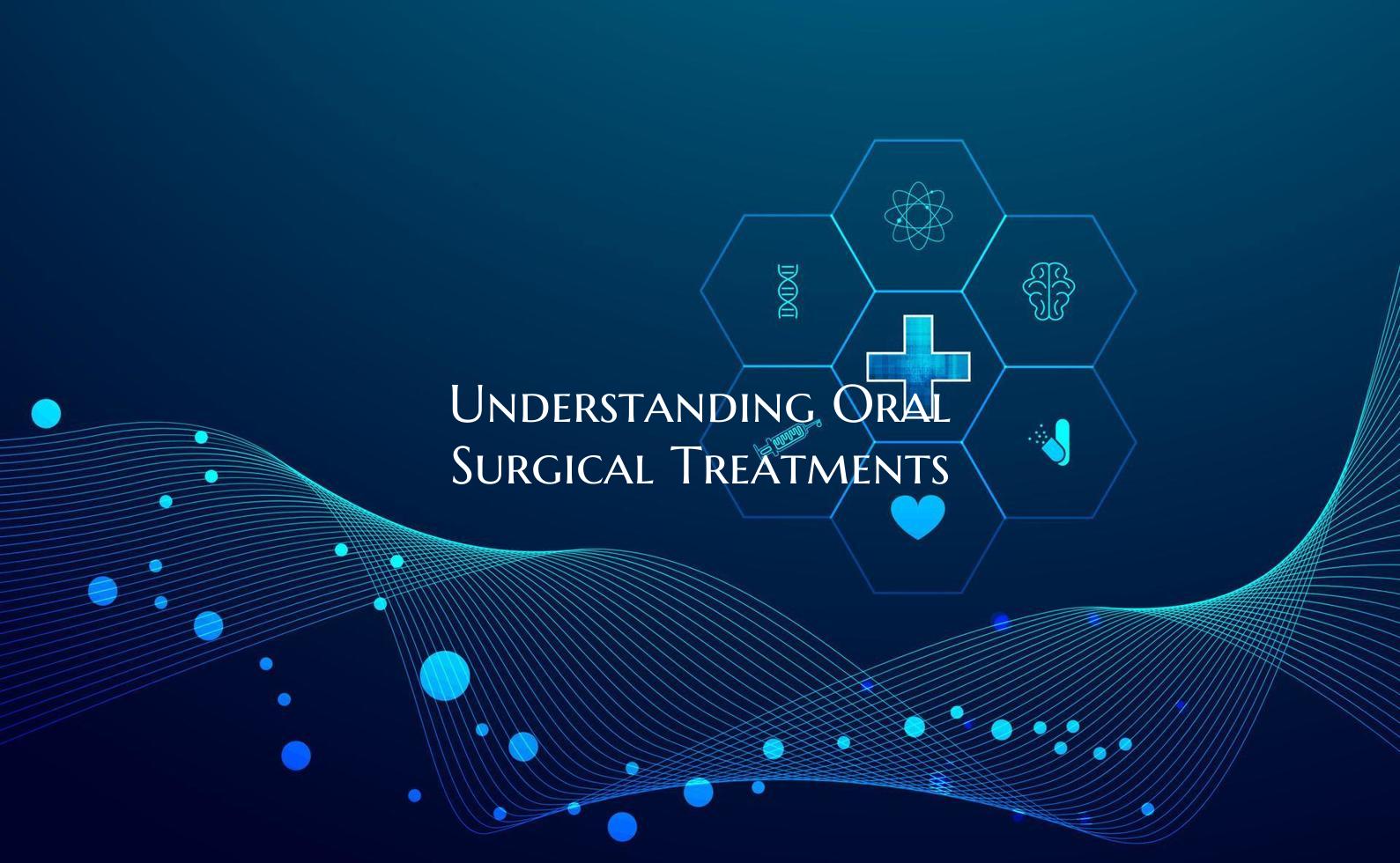
Understanding Oral Surgical Treatments
Oral surgical treatments are specialized procedures performed by dentists or oral surgeons to address a variety of dental and oral health issues. These treatments are usually more complex than routine dental procedures and may require additional training and expertise.
1. Common Types of Oral Surgical Treatments: - Extraction: The removal of a tooth is one of the most common oral surgical procedures. This may be necessary in cases of severe decay, infection, crowding, or trauma. - Dental Implants: Implant surgery involves the placement of artificial tooth roots into the jawbone to support replacement teeth. This is a common solution for missing teeth. - Wisdom Teeth Removal: When wisdom teeth do not have enough space to erupt properly, they may need to be surgically extracted to prevent complications. - Jaw Surgery (Orthognathic Surgery): This surgery is performed to correct jaw misalignment, improve bite function, and address aesthetic concerns.
2. Reasons for Oral Surgical Treatments: - Pain and Discomfort: Oral surgery may be required to alleviate pain caused by various dental issues, such as impacted teeth or temporomandibular joint (TMJ) disorders. - Trauma and Injuries: Accidents or injuries to the mouth or jaw may necessitate oral surgical treatments to repair damage and restore function. - Oral Diseases: Conditions like gum disease, oral cancer, or cysts may require surgical intervention to remove diseased tissue and prevent further complications. - Cosmetic Enhancements: Some oral surgical procedures are performed for cosmetic reasons, such as jaw reshaping or facial contouring.
3. What to Expect During Oral Surgery: - Consultation: Before undergoing oral surgery, your dentist or oral surgeon will conduct a thorough examination and discuss the treatment plan with you. - Anesthesia: Depending on the complexity of the procedure, local anesthesia, sedation, or general anesthesia may be used to ensure your comfort during surgery. - Recovery: Following oral surgery, you may experience swelling, pain, and discomfort. Your dentist will provide post-operative instructions to help manage symptoms and promote healing. - Follow-Up Care: It is essential to attend follow-up appointments to monitor healing progress and address any concerns or complications that may arise.
4. Benefits of Oral Surgical Treatments: - Improved Oral Health: Oral surgery can address underlying dental issues and prevent further complications, promoting overall oral health and well-being. - Enhanced Functionality: Corrective oral surgeries can improve bite function, speech, and chewing ability, enhancing quality of life. - Aesthetics: Certain oral surgical procedures can enhance facial aesthetics and restore confidence in your smile.
In conclusion, understanding oral surgical treatments is essential for making informed decisions about your oral health care. If you require oral surgery, consult with a qualified dental professional to discuss your options and develop a treatment plan tailored to your specific needs.